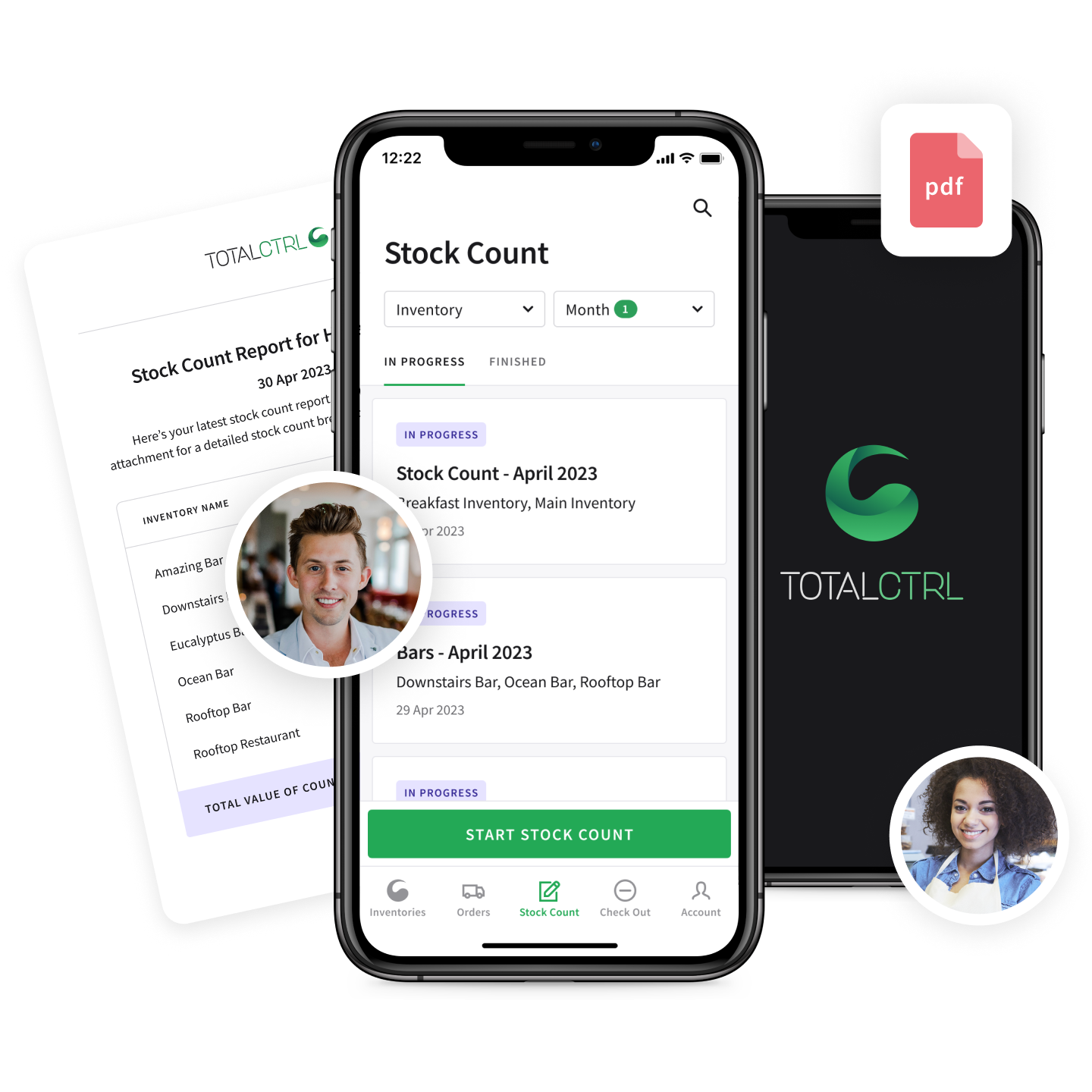Inflation is one of the key economic factors that can significantly influence the performance of government bonds. For investors, understanding the relationship between inflation and government bonds is crucial in making informed investment decisions.
In this blog, we'll explore how inflation impacts government bonds, the effects on their prices, yields, and overall returns, and what investors can do to mitigate its effects.
What is Inflation?
Inflation refers to the general increase in prices of goods and services over time, which reduces the purchasing power of money. Essentially, as inflation rises, each unit of currency buys fewer goods and services. For instance, if inflation is at 3%, something that costs $100 today would cost $103 in a year.
Inflation is typically measured by consumer price indexes (CPI) or producer price indexes (PPI). When inflation increases, central banks, such as the Federal Reserve in the U.S., often take steps to raise interest rates to control inflation.
How Does Inflation Affect Government Bonds?
Government bonds are a form of fixed-income investment, where the bondholder receives regular interest payments (known as the coupon) and the principal at maturity. These bonds are considered safer than stocks because they are backed by the government, but inflation can still have a significant effect on their value.
Here’s how inflation impacts government bonds:
1. Inflation Erodes the Value of Fixed Interest Payments
One of the most direct ways inflation affects government bonds is by reducing the purchasing power of the fixed interest payments. Since the coupon payments on government bonds are typically fixed at the time of issuance, they remain the same regardless of changes in inflation.
-
Example: Suppose you own a 10-year government bond that pays 3% annually. If inflation rises to 5%, the real purchasing power of your bond’s interest payments has decreased because the money you receive (the 3% coupon) will buy less due to the higher prices.
In this case, even though you still receive the same nominal coupon payment, its value is diminished in terms of what you can actually purchase with it.
2. Rising Inflation Leads to Higher Yields
When inflation increases, bond investors demand higher yields to compensate for the erosion of purchasing power. As a result, interest rates tend to rise. In turn, the price of existing government bonds tends to fall. This is because newer bonds issued at higher interest rates become more attractive to investors, leading to a decrease in the price of older bonds with lower yields.
-
Example: If inflation rises and the central bank raises interest rates in response, newly issued government bonds will offer higher yields to reflect the increase in rates. As a result, the price of existing bonds, which offer lower yields, will fall so that their yield aligns more closely with the higher yields on newly issued bonds.
3. Inflation and Bond Prices: An Inverse Relationship
There is generally an inverse relationship between inflation and the price of government bonds. When inflation increases, bond prices tend to fall because rising inflation leads to higher yields. Conversely, when inflation is low or falling, bond prices tend to rise.
-
Example: If inflation spikes, the value of existing bonds decreases because their fixed coupon payments are less valuable in a high-inflation environment. Investors may sell off these bonds, driving down their prices.
The longer the maturity of the bond, the more sensitive it will be to inflation changes. Long-term bonds, in particular, are at greater risk because their fixed payments are locked in for a more extended period, which increases the chance that inflation will erode their real value over time.
4. Real Return on Bonds
The real return on a bond is the nominal return (the coupon rate) minus inflation. When inflation rises significantly, the real return on a bond decreases, even if the nominal return stays the same. This means that if you earn 3% on a bond and inflation is 5%, your real return is actually negative (-2%).
-
Example: If inflation is 6% and the bond’s coupon rate is 4%, your real return is effectively -2%. You’re earning less on your investment than the inflation rate, which means you’re losing purchasing power.
Why Inflation Has Such a Strong Impact on Government Bonds
There are a few reasons why inflation has such a pronounced effect on government bonds:
1. Fixed Nature of Bond Payments
Government bonds are typically fixed-income securities, meaning that they pay a fixed interest (coupon) rate over a specified period, and the principal is returned at maturity. Since the payments do not adjust for inflation, they lose purchasing power as inflation increases.
2. Bond Duration and Sensitivity to Inflation
The sensitivity of a bond’s price to changes in inflation is largely determined by its duration. Bonds with longer maturities are more vulnerable to inflation, as they lock in a fixed interest payment for an extended period. On the other hand, shorter-duration bonds are less impacted because they will mature sooner, allowing the investor to reinvest at prevailing rates.
-
Example: A 30-year Treasury bond is much more sensitive to inflation than a 2-year Treasury bond because the longer bond locks in a fixed coupon for 30 years, whereas the shorter bond matures in a couple of years, allowing the investor to adjust to prevailing inflation conditions sooner.
What Can Investors Do to Mitigate the Impact of Inflation?
While inflation poses a challenge for government bond investors, there are strategies to mitigate its negative effects:
1. Invest in Inflation-Protected Securities
One option for mitigating inflation risk is to invest in Treasury Inflation-Protected Securities (TIPS), which are government bonds specifically designed to protect investors from inflation. TIPS offer a fixed interest rate, but the principal value of the bond is adjusted based on changes in the Consumer Price Index (CPI). This means that both the principal and interest payments increase with inflation, preserving the real value of your investment.
-
Example: If you invest in TIPS and inflation rises by 3%, both the principal and interest payments on your bond will increase by 3%, helping to offset the impact of inflation.
2. Shorten Bond Duration
Another strategy to protect against inflation is to shorten the duration of your bond holdings. Short-term bonds are less affected by rising inflation and interest rates because they mature sooner, allowing investors to reinvest at higher rates in response to inflation.
3. Diversify Your Portfolio
In addition to holding government bonds, consider diversifying your investment portfolio by including other asset classes such as stocks, commodities, or real estate. These assets may provide a hedge against inflation, as their values often rise in response to inflationary pressures.
Conclusion
Inflation plays a crucial role in the performance of government bonds. As inflation rises, the real value of the fixed payments on government bonds decreases, leading to lower bond prices and higher yields. Additionally, inflation erodes the purchasing power of bond coupon payments, which reduces the real return on investments.
Investors can mitigate the effects of inflation on their bond portfolios by investing in inflation-protected securities, shortening bond duration, and diversifying their portfolios with other asset classes. By understanding the relationship between inflation and government bonds, investors can make more informed decisions and better manage the risks associated with inflation.


















0 comments:
Post a Comment
We value your voice! Drop a comment to share your thoughts, ask a question, or start a meaningful discussion. Be kind, be respectful, and let’s chat!